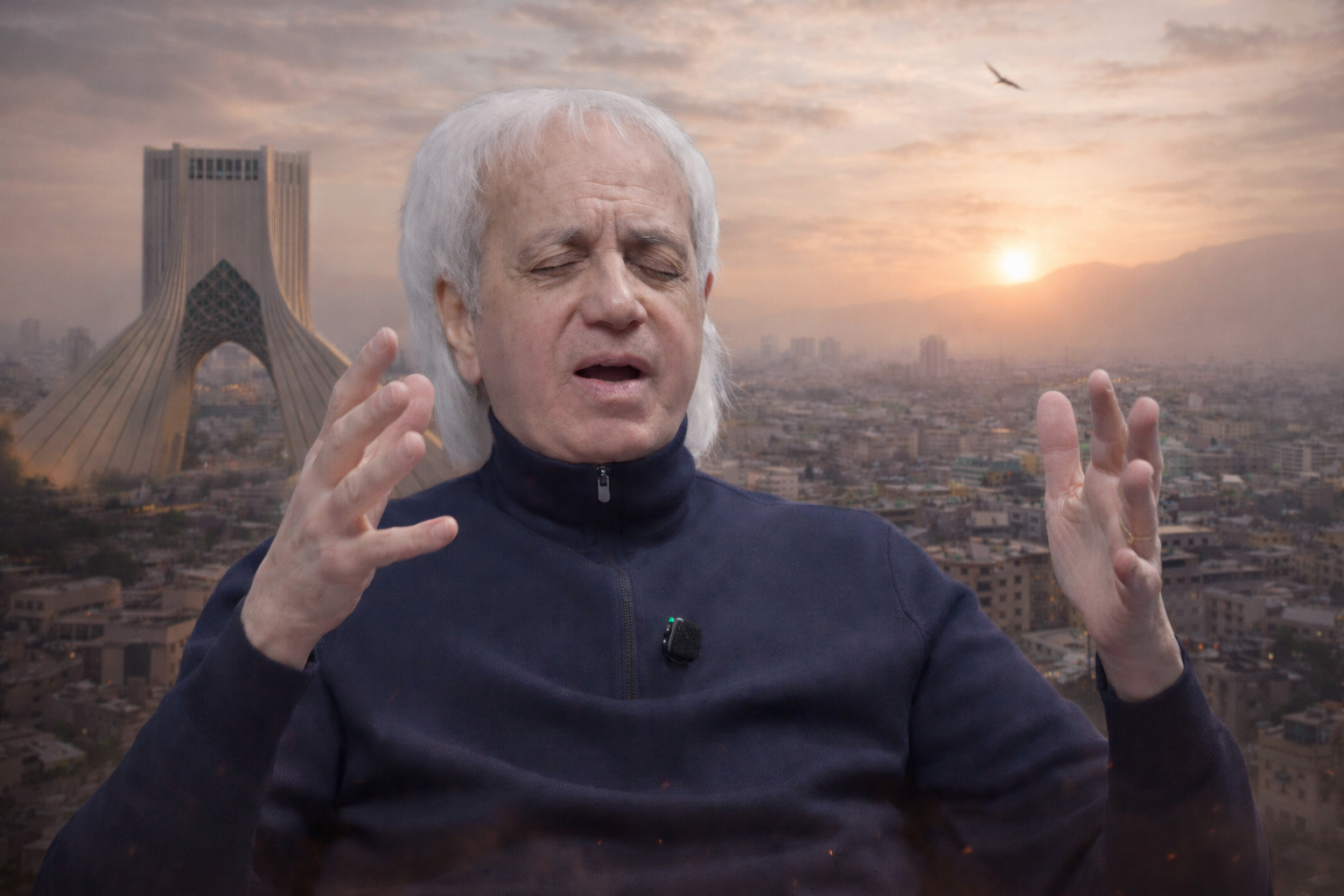Three Ways to Reform Prophetic Ministry
I believe there are three things every believer called to prophetic ministry can do to produce a change: grow in character; develop his prophetic gift; and learn the true role of the prophet in the church.
1. Grow in character.
The character of every prophet is tested before the word the Lord has given comes to pass (see Ps. 105:19). Like Joseph, we must establish prophetic credibility and character before we will be given any prophetic authority. Then, and only then, can we expect pastors and other people to give us favor, listen, understand and take action on anything the Lord speaks through us.
There must be more mature, prophetically gifted people who are willing to stand up for the absolutes of God. Every mature prophet learns that “he who rules his spirit [is better] than he who takes a city” (Prov. 16:32, NKJV) and that the Lord dwells with “him who has a contrite and humble spirit” (Is. 57:15).
We need prophets who ooze the beatitudes and abundantly exhibit the fruit of the Spirit. These characteristics are precisely what define maturity.
2. Develop your prophetic gift.
The word “prophet” is more of a function than a title. In Scripture it is most often used as a verb (“prophesy”) rather than a noun. In other words, being a prophet is something you do rather than someone you are.
Also, becoming a prophet is a process, not an instantaneous ministry. Having supernatural experiences does not automatically make you a prophet. Though we can all prophesy, few are called to become prophets, and those who are do not stand before world leaders the day after receiving that calling.
Moses waited 40 years; Samuel waited 25 years; and even Jeremiah, who the Lord said was not too young, waited 17 years before his first prophetic utterance. Waiting on God to mature our gifts seems to be a lost virtue.
During the wait, those called to be prophets must study the gift. Biblical knowledge helps lay the foundation for any future task the Lord might give them. They must learn the differences between a trance and a visitation, a dream and a vision, a translation and a transportation, and so on. All these things are described in Scripture and happened in Scripture.
Would today’s prophets know why they happened, how to use them and what to do with them? Current evidence indicates that most would not.
3. Learn the role of the prophet in the church.
Prophets must learn that edification is God’s heart for the church-and His heart for the gifts as well (see 1 Cor. 14:26). We must study the role, purpose and function of the church, as well as the role, purpose and function of the prophetic in the church, and these two must parallel each other. It is the church that will make known the manifold wisdom of God, and the prophet is just one of the many tools God uses to help the body of Christ reveal this wisdom.
Prophets must be realistic about the maturity of their anointing and gifting. Far too many have demanded authority today based on tomorrow’s anointing. In our insecurity, we have spoken our own opinions as if they were from God, and we have lost our fear of God and our concern for the long-term consequences of sin.
However, I believe there is hope for things to change. I am convinced that the application of these three principles to our lives will determine every action we take and every word we speak.
It will determine how we approach the pastor, the relationship we have with the church body and the way our gifts are received, as well as the manner in which we respond to criticism. It will be hard, but nothing in God’s kingdom comes without deep commitment to the cause.
The solution lies within us-in our own personal reformation. It must take root in us individually before it will grow and become a corporate move that will reform prophetic ministry and the church as a whole. We cannot ask the church to do anything we are not willing to live out ourselves-and we cannot impart that which we do not have.
Those who allow this reformation to shape their personal lives and ministries will stand a chance of becoming the ‘‘Samuels” of tomorrow. May the day come when it is said of us, “All that they prophesy comes to pass, because all that they prophesy comes from God” (see 1 Sam. 3:19).
John Paul Jackson is the founder of Streams Ministries International (streamsministries.com) and a popular speaker at conferences and churches around the world. He is well-known for his work in prophetic evangelism and dream interpretation as well as for his best-selling books.












































